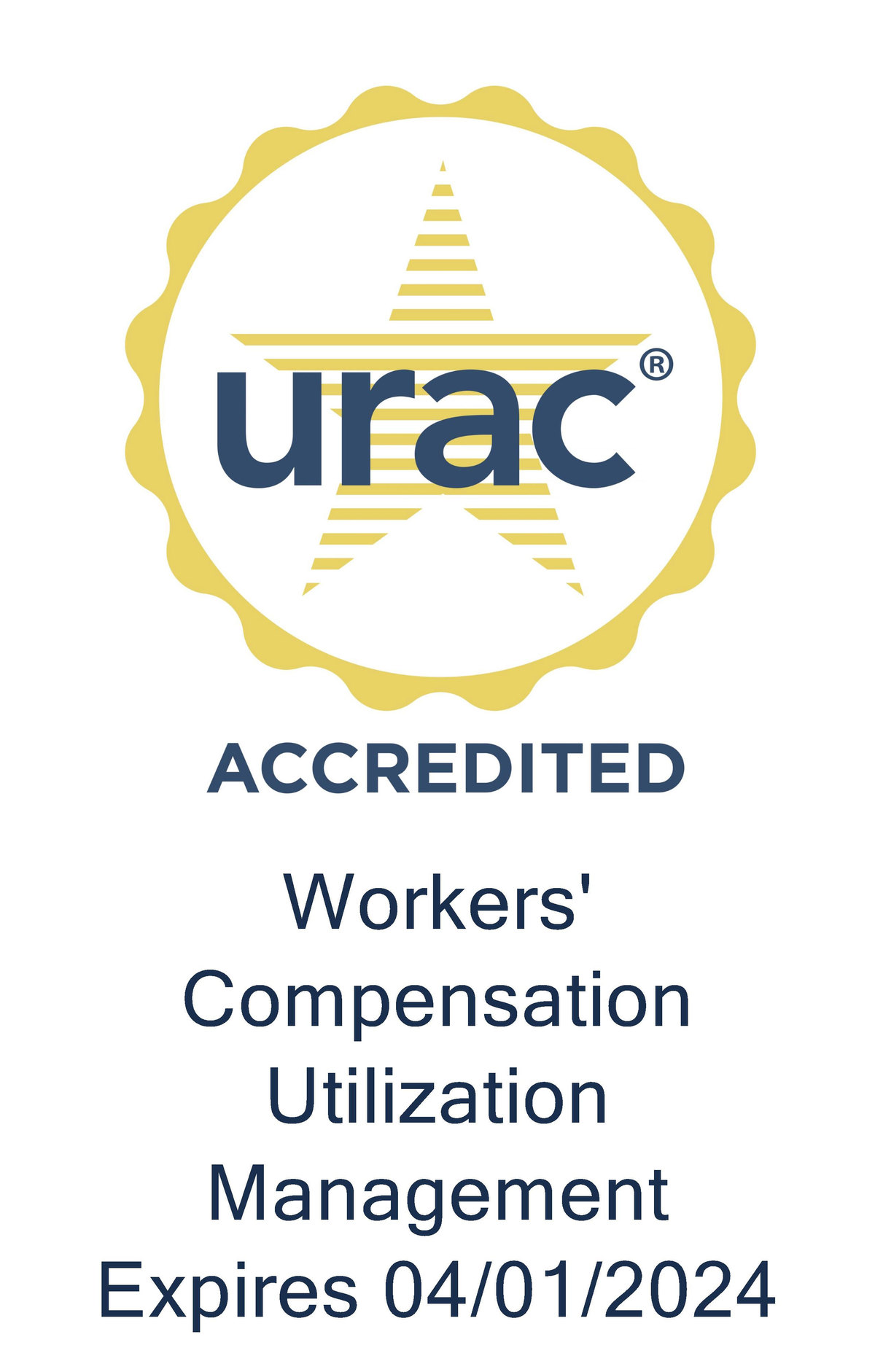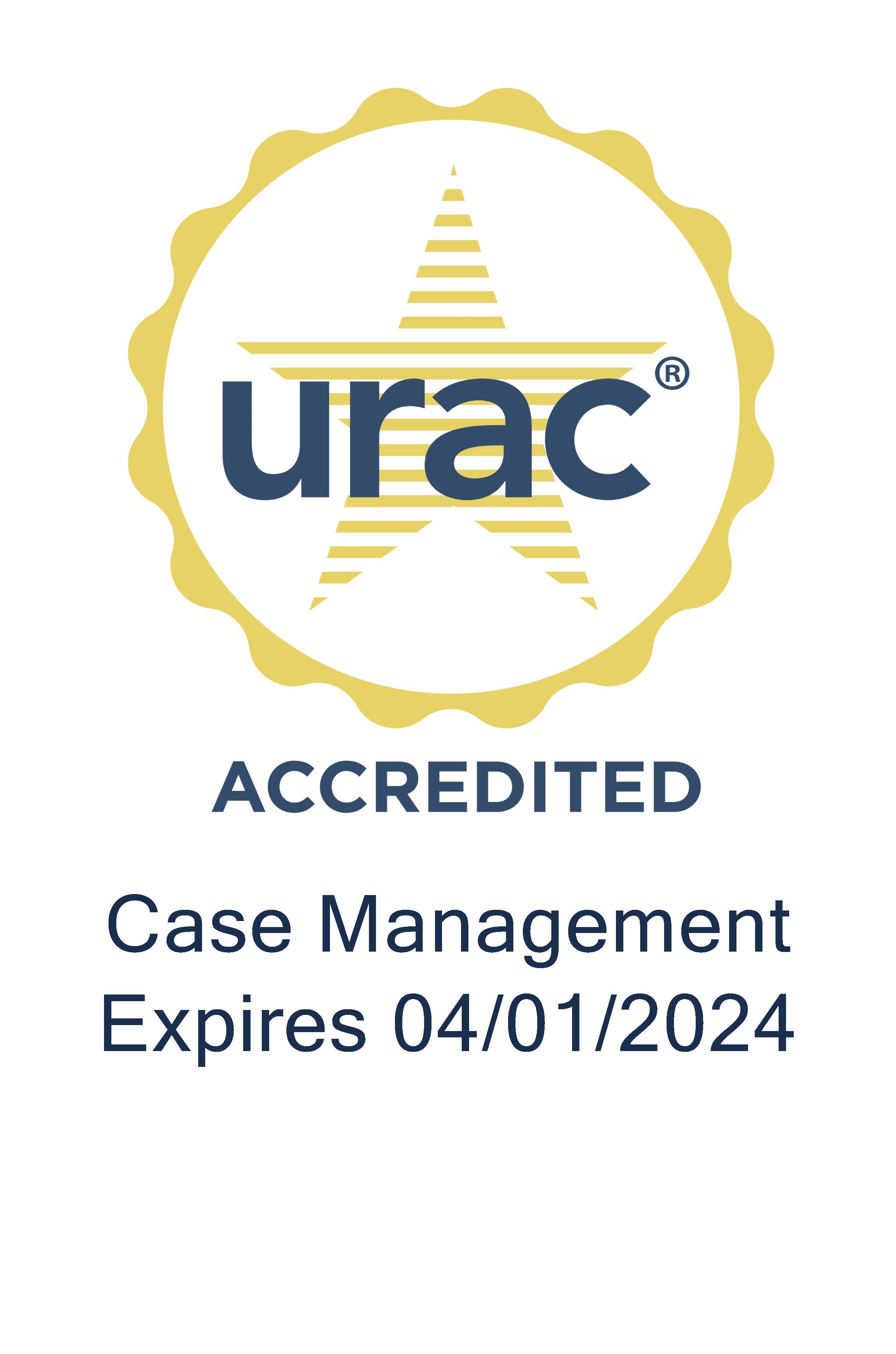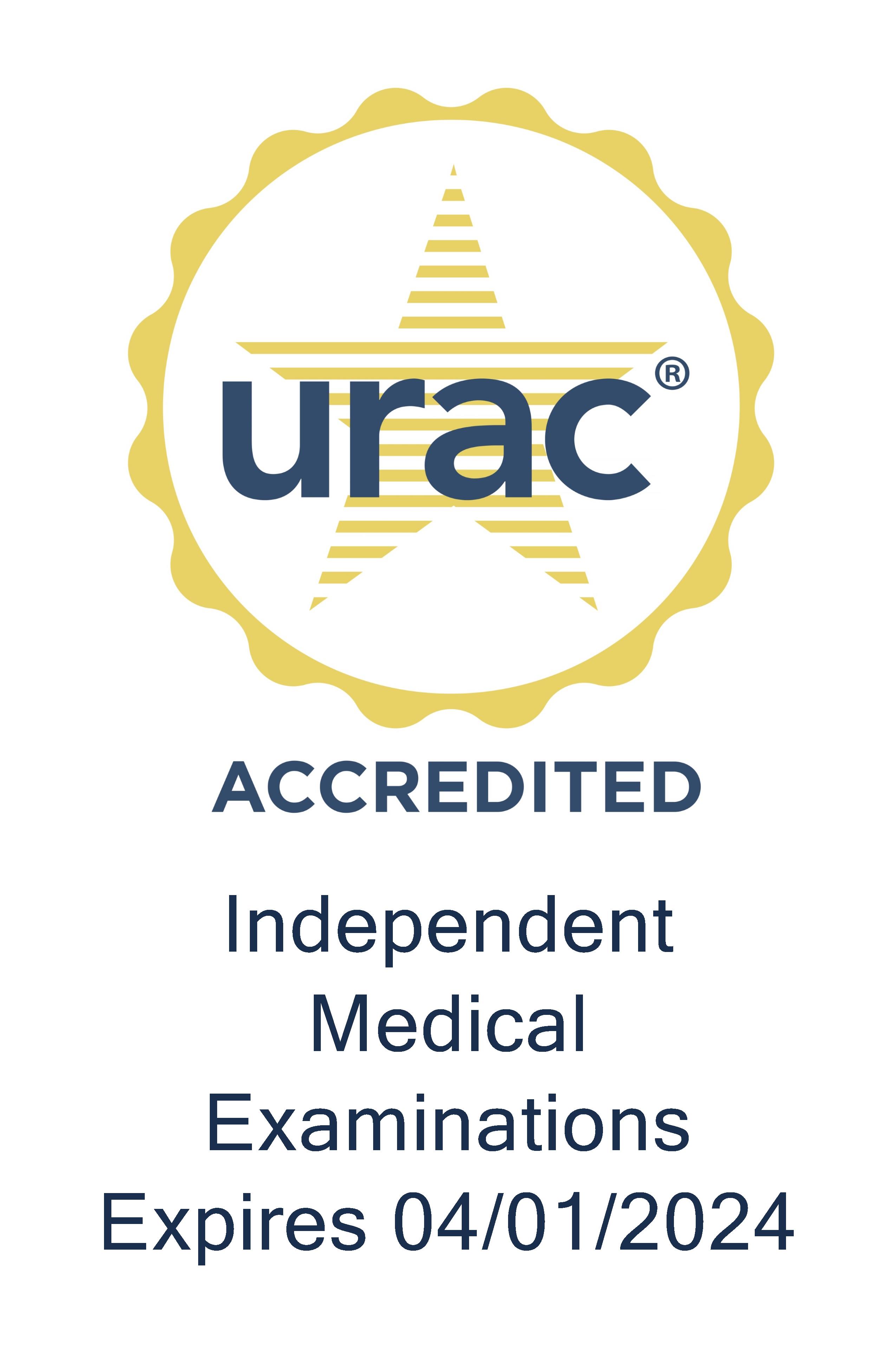Keep current with new legislation and its potential effect on your organization. This regulatory update is for informational purposes only, and provides some key highlights on state initiatives that may impact the services Genex provides.
Click here to download a PDF.
National
Researchers from Johns Hopkins Bloomberg School of Public Health, Baltimore, and Washington and Lee University, Lexington, VA, have found that the 50 most expensive hospitals in the country charge more than 10 times the amount that Medicare pays and workers’ compensation payers maybe more susceptible to those markups than others. According to the report, Florida has 20 of the nation’s most expensive hospitals, while Pennsylvania is home to seven.
The FDA recently approved Senza, a new high-frequency spinal cord stimulator (SCS) developed by the California-based Nevro. According to the company, Senza was approved for treating chronic back and leg pain as well as back surgery syndrome. The FDA approval came with “superiority” labeling, meaning that Nevro is allowed to advertise the product as working better than other SCS devices.
The International Association of Industrial Accident Boards and Commissions (IAIABC) is developing an informational packet on how formularies work for lawmakers and regulators, WorkCompCentral reported. A working group meeting through the International Association of Industrial Accident Boards and Commissions is developing a packet meant to help state legislators and regulators understand how workers' compensation drug formularies work.
The Centers for Medicare and Medicaid Services proposed a rule, published in the Federal Register June 1, giving states more flexibility in considering patients who are eligible for both Medicaid and workers’ compensation. Medicaid programs are now looking for reimbursement from workers’ compensation in multiple ways.
A study from Johnson and Johnson research subsidiary Janssen Scientific Affairs showed that workers with rheumatoid arthritis are 30% more likely to miss work than those without the condition. Sampling 90,000 employees, researchers found 67% of those with rheumatoid arthritis had missed work days. Among those without arthritis, 58% had missed work days. That translates into $600 in costs per employee with rheumatoid arthritis per year, or $252 million nationwide annually, according to the study.
CDC officials report opioids are influencing the rising heroin overdose rates. Heroin use and overdoses rose rapidly from 2002 to 2013, and CDC officials believe one reason for the trend is the widespread use of prescription opioids. Deaths from heroin overdose quadrupled from 2002 to 2013, with more than 8,200 people dying in 2013, according to the recent report. Of those addicted to heroin, 45% have also been addicted to opioid painkillers, the CDC reported.
Statewide
ALASKA
HB 316, a bill that would allow the Medical Services Review committee to set the workers' compensation fee schedule to the Medicare RBRVS, was signed into law by the governor and became effective July 1.
ARIZONA:
WATCHLIST: HB 2368, passed in 2012, required the state’s industrial commission to adopt and implement a process for using evidence-based treatment guidelines by the end of 2014. But now, more than six months past that deadline, the commission has yet to formally adopt rules governing how the guidelines are to be used.
CALIFORNIA
The California Workers’ Compensation Institute (CWCI) has published results of a study, “PPO to MPN: Impact of Physician Networks in the California Workers’ Compensation System.” Institute members and subscribers may log in to the CWCI website to access the report.
Also, the state’s Division of Workers’ Compensation (DWC) posted an order June 17 adjusting the Durable Medical Equipment, Prosthetics, Orthotics and Supplies (DMEPOS) section of the Official Medical Fee Schedule. The revisions are designed to conform to changes in the Medicare payment system as required by Labor Code section 5307.1. The change is effective for services on or after July 1.
WATCHLIST: SB 563 would prohibit California workers' compensation carriers from using utilization review on requests for medical treatments specified in a final award by the Workers' Compensation Appeals Board (WCAB). If passed, the initiative could cost more than $13 million to implement and more than $12 million a year to operate, according to a state Senate Appropriations Committee fiscal analysis.
Among the provisions, SB563 would make utilization review not mandatory if the following conditions are met:
- A final award of permanent disability by the WCAB specifies the provision of future medical treatment.
- The request is for medical treatment that is specified by the final award.
- The request is for medical treatment that is evidence-based.
Another bill, AB 1124, would require the administrative director to establish a formulary for the purposes of prescribing prescription medications.
COLORADO
Case law update: In Coats v. Dish Network, the Colorado Supreme Court recently ruled that an employer lawfully terminated a quadriplegic employee for his off-the-job medical marijuana use. Colorado workers' compensation practitioners have been tracking the case to determine if an employer can fire a medical-marijuana user for a positive drug test in a state that is among the first to legalize marijuana for recreational use.
GEORGIA
Recently signed HB 470 relates to pharmacies and provision changes to the state’s "Pharmacy Audit Bill of Rights.” It also relates to regulation and licensure of pharmacy benefits managers, imposes certain requirements for the use of maximum allowable cost pricing by pharmacy benefits managers; and provides for enforcement of such requirements. Some sections of this initiative became effective July 1 and others will become effective Jan. 1, 2016.
KENTUCKY
The Kentucky Supreme Court recently ruled that no state or federal law prohibits civil litigants from seeking ex parte interviews with an opposing party's treating physicians. Such communications are expressly authorized by statute in the workers' compensation arena. The Supreme Court approved of the practice over two decades ago.
MINNESOTA
Gov. Mark Dayton recently signed House File 2193/Senate File 2056 into law, setting a Jan. 1, 2016, transition from reimbursement to hospitals based on “usual and customary charges” to Medicare’s Diagnosis-Related Groups. Stakeholders said the bill marks the first substantial workers’ compensation payment reform in Minnesota in more than 20 years, as well as the culmination of nearly a decade of complaints from carriers that inpatient costs were too high.
NEW YORK
WATCHLIST: AB 3556 relates to the state’s Guidelines for Medical Treatment of Injured Worker. The legislation calls for medical bills over $1,000 to require preauthorization or authorization by the workers’ comp board or employer for certain services (specialist consultations, surgical operations, physiotherapeutic or occupational therapy procedures, X-ray examinations or special diagnostic laboratory tests).
NEVADA
SB 231, a workers’ compensation bill designed to limit medication dispensing by providers other than pharmacies and hospitals, was recently signed into law and is scheduled to take effect on Jan. 1, 2016. The new law also grants the Nevada Division of Industrial Relations the authority to prepare for implementation of the bill, including any needed rule-making, beginning on or after May 27, 2015. Any rules developed during this timeframe would also have an effective date of Jan. 1, 2016. Among other things, the new law places limits on the ability of a provider other than a pharmacist or hospital to dispense certain controlled substances beyond an initial supply, requires the use of the original NDC for certain provider-dispensed medications, prevents those providers from charging for a non-prescription medication, and increases the insurer bill payment timeframe to 45 days.
Another workers’ comp bill recently signed by Gov. Brian Sandoval allows workers' compensation carriers and self-insured employers to recover cost of benefits paid on a claim from a group health provider when it is later determined the injury was not occupational. SB 232 also requires an injured worker receive permanent disability benefits or miss either five consecutive days or five days in a 20-day period to reopen a claim.
OHIO
A new report shows that the Ohio Bureau of Workers’ Compensation (BWC) Formulary, implemented in 2011, is driving a decline in state opioid prescriptions. According to officials, injured workers were prescribed 15.7 million fewer opiate doses in 2014 than in 2010, representing a 37 % decrease. The annual report also details the success of the BWC’s first-ever outpatient medication formulary and outlines future steps the bureau will take to protect injured workers from deadly drug regimens.
OKLAHOMA
HB 2238 was signed into law by the governor shortly before the legislature adjourned on May 29. The new law went into effect July 1 and makes appropriations for the Workers’ Compensation Commission and allows workers' compensation carriers to increase insurance premiums to recoup money paid into the state’s Multiple Injury Trust Fund. Critics say this bill will add about $40 million to the workers’ compensation insurance premiums of employers.
OREGON
HB 2764 was signed into law by Gov. Kate Brown June 22. According to WorkCompCentral, the new law allows attorneys to be paid up to $4,000 for successfully arguing a carrier or self-insured employer unreasonably delayed or denied payments. It also creates a fee allowing claimants' attorneys to be paid for getting a claim reclassified from non-disabling to disabling, and authorizes interest to be added if an employer appeals an attorney fees award and requires the Workers' Compensation Board to review to ensure payment is reasonable. The Workers' Compensation Division will review Oregon Administrative Rules Section 436-001, "Procedural Rules, Rulemaking, Hearings and Attorney Fees," to determine if changes are needed to implement the bill.
SOUTH CAROLINA
WATCHLIST: A national coalition of employers has introduced legislation in the state House that would create an alternative to workers’ compensation similar to the Oklahoma “option.” HB 4197 faces some early challenges from the Property and Casualty Insurance Association of America, Injured Workers’ Advocates, and the American Insurance Association, who have opposed the bill. The Small Business Chamber of Commerce has also expressed some unease about the initiative as well.
TENNESSEE
Recently enacted SB 105 allows an amendment to Section 50-6-124(a) of the Tennessee Code, which will require all utilization review programs to be URAC and NCQA accredited by July 1, 2016.
WATCHLIST: SB 721, legislation seeking to provide Tennessee employers with an option to the current workers’ compensation system, has been amended and deferred to the next legislative session. Stakeholders have indicated passage of this bill will be an “uphill battle.”
The Tennessee Workers' Compensation Bureau has also proposed a rule that would allow the division's medical director to issue utilization review decisions without a corresponding order from a workers' compensation specialist. Workers' compensation specialists had authority to issue orders for medical benefits for dates previously, but the Reform Act of 2013 transferred that authority to the bureau's medical director for dates of injury on or after July 1, 2014. The division's proposed rule would clean up the language to remove references to workers' compensation specialists.
TEXAS
HB 1094, signed by the Gov. Greg Abbott June 19, extends benefits to first responders' spouses and is expected to cost more than $25 million over the next five years, according to the Insurance Council of Texas. The new law becomes effective Sept. 1.
Also, a recent Workers Compensation Research Institute (WCRI) report showed that Texas had the slowest growth in cost per claims among 17 states studied. Researchers analyzed 17 states’ claims between 2008 and 2011 and reported that the average cost per claim for Texas increased only 2.5% per year. According to the WCRI, the majority of the increase in Texas was attributed to medical costs per claim.
VIRGINIA
WATCHLIST: HB 1820 instructs the Virginia Workers’ Compensation Commission to review data and payment information along with other state models and give its recommendations for a fee schedule on Dec. 15. If passed, this bill would make Virginia the 44th state to adopt a fee schedule.






